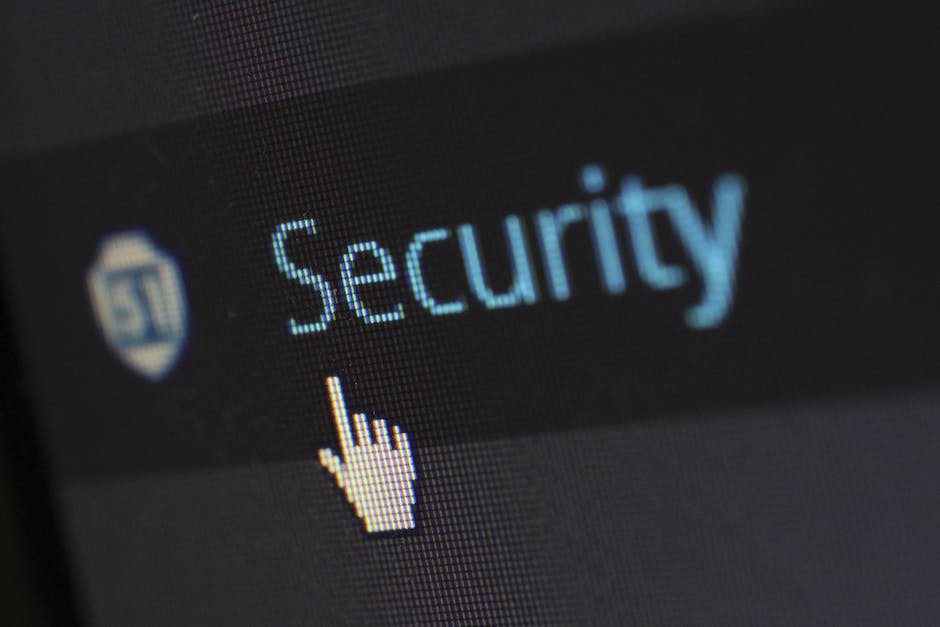-
Table of Contents
“Unveiling the Shadows: Safeguarding Your Digital World from Dark Web Threats”
Introduction
Introduction:
Cybersecurity Dark Web refers to the hidden part of the internet that is not indexed by search engines and requires specific software or authorization to access. It is a breeding ground for illegal activities, including cybercrime, hacking, and the sale of stolen data, drugs, weapons, and other illicit goods. The Dark Web poses significant threats to individuals, organizations, and governments, as it provides a platform for criminals to operate anonymously and evade law enforcement. Effective cybersecurity measures are crucial to protect against the dangers associated with the Dark Web.
Exploring the Dark Web: Understanding its Role in Cyber Security

The Dark Web is a term that has gained significant attention in recent years, often associated with illegal activities and cybercrime. However, it is important to understand that the Dark Web also plays a crucial role in the field of cyber security. In this article, we will explore the Dark Web and its significance in protecting our digital world.
To begin with, it is essential to differentiate between the Dark Web and the surface web. The surface web, which most of us are familiar with, consists of websites that are indexed and accessible through search engines like Google. On the other hand, the Dark Web is a part of the internet that is not indexed and requires specific software, such as Tor, to access. This anonymity makes it an attractive platform for cybercriminals, but it also serves as a valuable resource for cyber security professionals.
One of the primary reasons the Dark Web is significant in the field of cyber security is its role in threat intelligence. Cyber security experts actively monitor the Dark Web to gather information about potential threats and vulnerabilities. By infiltrating underground forums and marketplaces, they can gain insights into the latest hacking techniques, malware, and other cyber threats. This information is then used to develop effective defense strategies and protect organizations from potential attacks.
Moreover, the Dark Web serves as a testing ground for cyber security professionals. By simulating real-world cyber attacks in a controlled environment, experts can identify weaknesses in their systems and develop countermeasures. This proactive approach allows organizations to stay one step ahead of cybercriminals and strengthen their overall security posture.
In addition to threat intelligence and testing, the Dark Web also plays a crucial role in incident response. When a cyber attack occurs, it is often necessary to trace the origin of the attack and gather evidence for legal proceedings. Cyber security professionals can leverage the Dark Web to track down the perpetrators and collect valuable information that can be used in investigations. This collaboration between law enforcement agencies and cyber security experts is vital in bringing cybercriminals to justice and deterring future attacks.
Furthermore, the Dark Web provides a platform for whistleblowers and activists to share sensitive information securely. In countries with oppressive regimes or strict censorship, the Dark Web offers a lifeline for individuals who want to expose corruption or advocate for human rights. By providing an anonymous channel for communication, the Dark Web empowers these individuals to speak out without fear of reprisal.
However, it is important to note that exploring the Dark Web comes with its own set of risks. The anonymity it provides can attract malicious actors, and navigating its vast network requires caution and expertise. Therefore, it is crucial for individuals and organizations to work with trusted cyber security professionals when engaging with the Dark Web.
In conclusion, the Dark Web is not solely a breeding ground for cybercrime but also a valuable resource for cyber security professionals. Its role in threat intelligence, testing, incident response, and providing a secure platform for whistleblowers cannot be overlooked. By understanding and harnessing the power of the Dark Web, we can better protect our digital world and stay one step ahead of cybercriminals.
Unveiling the Hidden Dangers: Safeguarding Against Cyber Threats on the Dark Web
The dark web is a hidden part of the internet that is not accessible through traditional search engines. It is a breeding ground for illegal activities, including cybercrime. Cybersecurity on the dark web is a critical concern, as it poses significant threats to individuals, businesses, and governments alike. In this article, we will explore the hidden dangers of the dark web and discuss strategies to safeguard against cyber threats.
One of the most significant dangers of the dark web is the sale of stolen data. Cybercriminals can easily sell personal information, such as credit card numbers, social security numbers, and login credentials, on the dark web. This stolen data can then be used for identity theft, financial fraud, or other malicious activities. It is crucial for individuals and organizations to be vigilant and take steps to protect their sensitive information.
Another danger of the dark web is the proliferation of malware and hacking tools. Cybercriminals can purchase or rent sophisticated hacking tools on the dark web, enabling them to launch devastating cyber attacks. These attacks can range from ransomware attacks that encrypt valuable data until a ransom is paid, to distributed denial of service (DDoS) attacks that overwhelm a target’s servers, rendering them inaccessible. It is essential for individuals and organizations to have robust cybersecurity measures in place to defend against these threats.
Furthermore, the dark web is a hub for illegal marketplaces where drugs, weapons, and counterfeit goods are bought and sold. These marketplaces provide a platform for criminals to conduct illicit activities anonymously. The transactions on these marketplaces are often conducted using cryptocurrencies, making it difficult for law enforcement agencies to trace the money flow. It is crucial for governments to collaborate with international partners and law enforcement agencies to combat these illegal activities.
To safeguard against cyber threats on the dark web, individuals and organizations must take proactive measures. First and foremost, it is essential to educate oneself about the dark web and its associated risks. Understanding how cybercriminals operate on the dark web can help individuals and organizations identify potential threats and take appropriate actions to mitigate them.
Secondly, individuals and organizations should implement robust cybersecurity measures. This includes using strong, unique passwords for all online accounts, regularly updating software and applications, and installing reputable antivirus and firewall software. Additionally, individuals should be cautious when clicking on links or downloading attachments from unknown sources, as these can be vehicles for malware.
For organizations, it is crucial to have a comprehensive cybersecurity strategy in place. This includes conducting regular security audits, implementing multi-factor authentication, and training employees on cybersecurity best practices. It is also advisable to work with cybersecurity experts who can provide guidance and support in safeguarding against cyber threats.
In conclusion, the dark web poses significant dangers in terms of cybersecurity. The sale of stolen data, proliferation of malware and hacking tools, and illegal marketplaces are just a few examples of the threats that exist on the dark web. To safeguard against these threats, individuals and organizations must educate themselves, implement robust cybersecurity measures, and collaborate with law enforcement agencies. By taking these proactive steps, we can better protect ourselves and our digital assets from the hidden dangers of the dark web.
Conclusion
In conclusion, the dark web poses significant threats to cyber security. It serves as a breeding ground for illegal activities, including the sale of stolen data, hacking tools, and personal information. The anonymity provided by the dark web makes it difficult for law enforcement agencies to track down cyber criminals. As a result, individuals and organizations need to be vigilant and take necessary precautions to protect their sensitive information from being compromised on the dark web.



